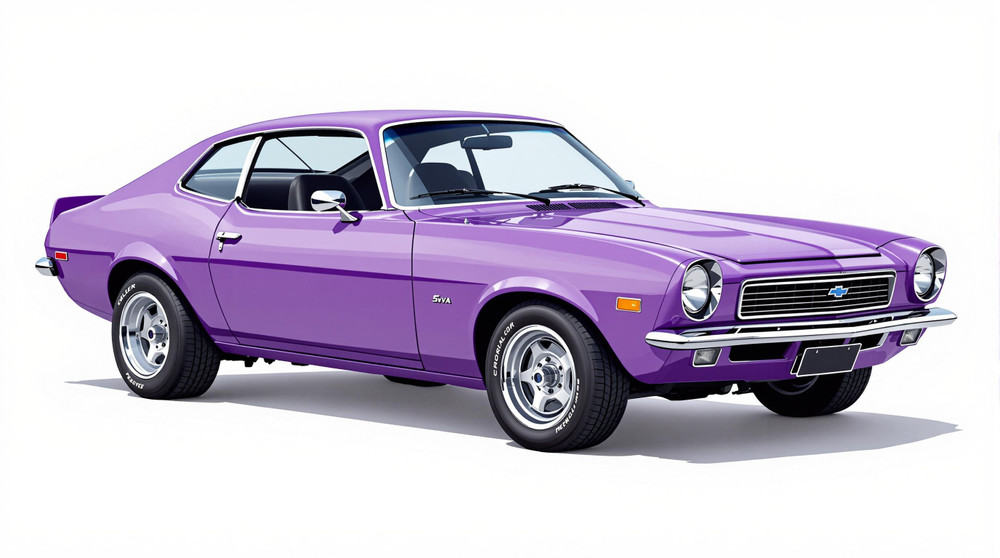Image of 1973 Chevrolet Vega, Note: These illustrations use artistic license and may differ from actual historical models.
Performance Metrics
Fundamental Metrics
Emotional Appeal
MMP Rating
| Engine Specifications | |
|---|---|
| Engine Options: | 140 CID I4, 2300cc I4 |
| Displacement Range: | 140-2300cc |
| Horsepower Range: | 70-110 hp |
| Torque: | 100-120 lb-ft |
| Compression Ratio: | 8.0:1 (140 CID I4), 8.5:1 (2300cc I4) |
| Ignition System: | Electronic Ignition |
| Cooling System: | Liquid Cooled |
| Performance Specifications | |
| 0-60 Time: | 12-15 seconds |
| 1/4 Mile Time: | 17-20 seconds |
| Top Speed: | 100-110 mph |
| Transmission and Drive | |
| Drive Type: | RWD (Rear Wheel Drive) |
| Transmission Type: | 3-speed manual, 4-speed manual, 3-speed automatic |
| Fuel and Efficiency | |
| Fuel System Type: | Carburetor |
| MPG: | 20-25 mpg |
| Dimensions and Brakes | |
| Brakes: | Front Disc, Rear Drum |
| Wheelbase: | 97.0 in |
| Weight: | 2,100-2,300 lbs |
Note: Specifications for classic cars are given to the best of our ability, considering the limited and variant data available.
1973 Chevrolet Vega: An Underdog with a Story
The 1973 Chevrolet Vega might not have been the crown jewel of American muscle, but it certainly carved out its own niche in automotive history. Born from the ambition of General Motors to create a compact car that could compete with the surge of imports, the Vega was a vehicle that promised much in the way of innovation and economy during an era of change. Its introduction coincided with an oil crisis that had drivers looking for more fuel-efficient options, making the Vega's timing impeccable. A notable moment in its history was when it received Motor Trend's Car of the Year award in 1971, setting high expectations for its subsequent models.
Design and Innovation
The 1973 Vega's exterior styling was both sleek and functional, featuring a long hood and short deck that gave it a sporty silhouette. The body was adorned with chrome accents and distinct lines that ran along its sides, ending in a Kammback tail that was both stylish and aerodynamic. Inside, the cabin offered a straightforward layout with an emphasis on utility over luxury. Materials were durable, if not particularly high-end, reflecting the car's economical purpose. Technologically, the Vega boasted an aluminum engine block and an electronic ignition system, both considered advanced for the time. Color options ranged from vibrant hues like "Bright Yellow" to more subdued tones like "Dark Green Metallic," with "Antique White" being a popular choice among enthusiasts. The hatchback coupe was perhaps the most iconic body style, offering practicality alongside its appealing design.
Historical Significance
The Vega's impact on automotive design was significant in that it demonstrated American automakers' ability to produce smaller, more efficient cars without sacrificing style. It stood out from its contemporaries with features like its die-cast aluminum engine block, which was innovative but also led to some reliability issues. Despite these challenges, the Vega helped pave the way for future compact models and remains a symbol of 1970s automotive culture.
Performance and Handling
Performance-wise, the 1973 Vega offered modest figures by today's standards but was competitive for its class at the time. It could reach a top speed adequate for highway cruising and had a 0-60 mph acceleration that reflected its economy-car status rather than high performance. Handling was generally acceptable; however, drivers noted that it could be rough over bumps and somewhat vague in windy conditions. Behind the wheel, one could expect to hear the distinct hum of its small four-cylinder engine—a sound that has become nostalgic to many classic car enthusiasts.
Ownership Experience
Vegas were commonly used as daily drivers due to their affordability and fuel efficiency. They also found their way into show car circles and occasionally grassroots racing events. Maintenance was relatively straightforward, making them accessible to average owners who were willing to overlook some of their well-documented reliability issues.
Fun Facts
The Vega had its share of quirks and trivia-worthy notes: there were rare editions like the Cosworth Vega with its twin-cam engine, and some celebrities did take a liking to this humble Chevy. Criticisms often centered around rust problems and engine durability—issues that are now well-documented among classic car circles.
Collector's Information
Today, a well-preserved 1973 Chevrolet Vega can be quite a catch for collectors seeking something emblematic of the era's automotive landscape. While production numbers were relatively high—with hundreds of thousands produced—finding one in excellent condition can be challenging due to aforementioned rust issues. As for value range, depending on condition and originality, prices can vary significantly; however, exceptional examples might fetch anywhere from $5,000 to $15,000 or more on today's market.
Conclusion
The 1973 Chevrolet Vega stands as a testament to an era when American automakers began adapting to global challenges with innovation and style. While it may not have been without faults, its significance in automotive history is undeniable—serving as both a lesson in ambition and a charming relic from a time when compact cars started gaining traction on U.S. roads.
1973 Chevrolet Vega Catalog of Parts
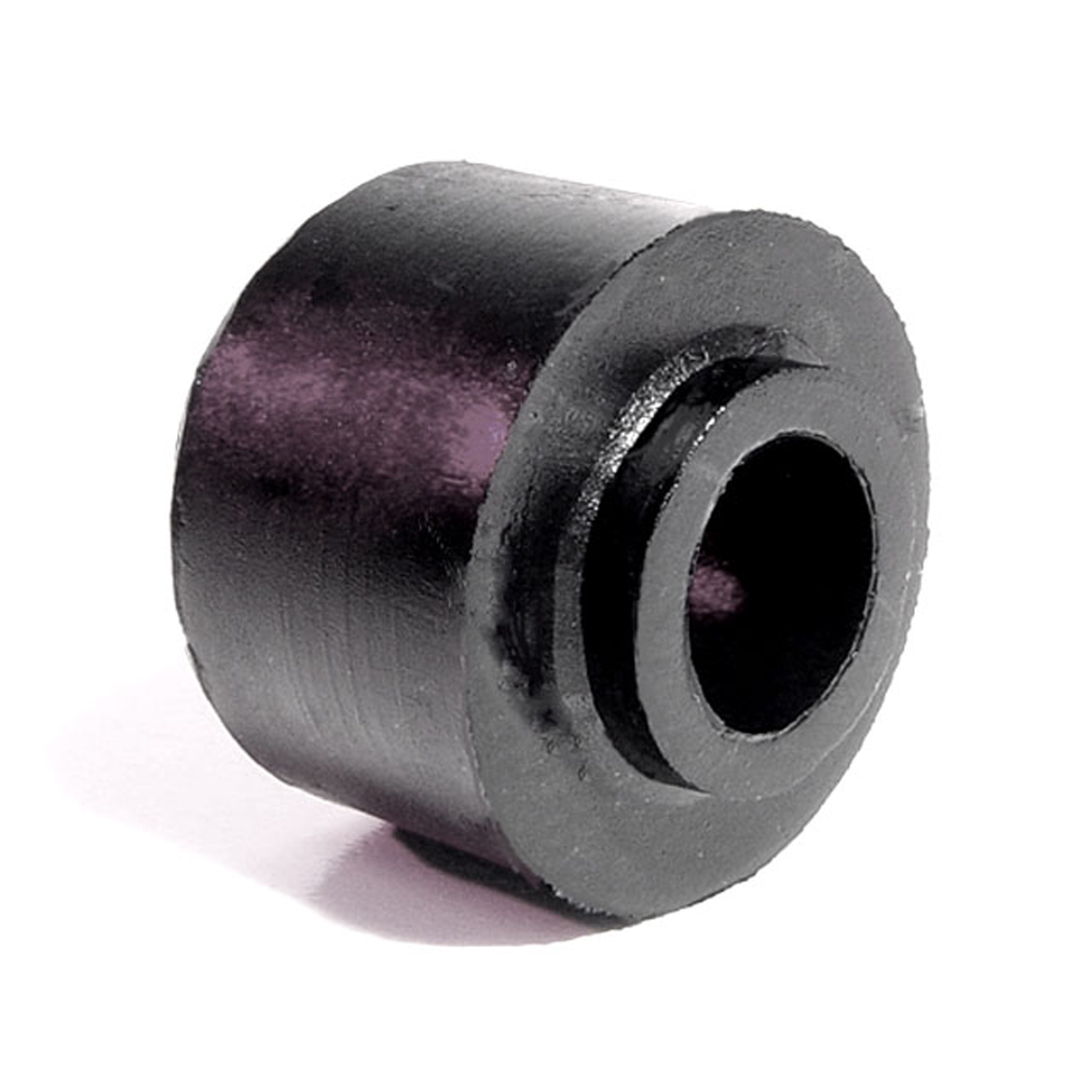 1973 Chevrolet Vega Shock Absorber Grommet. 1" bottom O.D., 3/4" high-BN 1Shock Absorber Grommet. 1" bottom O.D., 3/4" high., with 7/16" I.D. Each
1973 Chevrolet Vega Shock Absorber Grommet. 1" bottom O.D., 3/4" high-BN 1Shock Absorber Grommet. 1" bottom O.D., 3/4" high., with 7/16" I.D. Each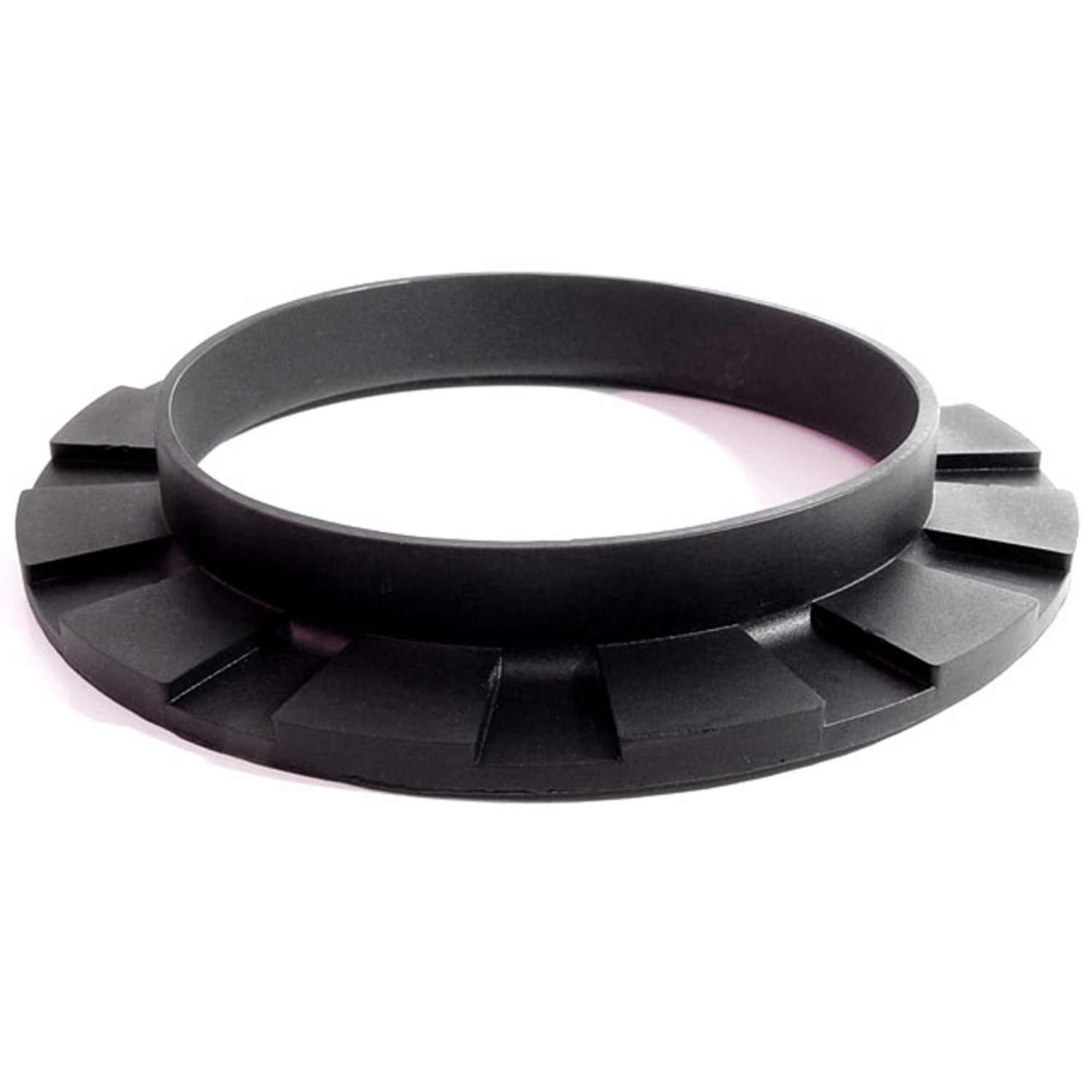 1973 Chevrolet Vega Front coil-spring insulator-BN 110Front coil-spring insulator. Fits '41-'60 Oldsmobile and '50-'83 GM passenger models. 5-3/8 in. OD x 3-3/4 in. ID x 3/4 in. high with 13/16 in. wide bottom flange 1/4" thick, 12 flutes. Each.
1973 Chevrolet Vega Front coil-spring insulator-BN 110Front coil-spring insulator. Fits '41-'60 Oldsmobile and '50-'83 GM passenger models. 5-3/8 in. OD x 3-3/4 in. ID x 3/4 in. high with 13/16 in. wide bottom flange 1/4" thick, 12 flutes. Each.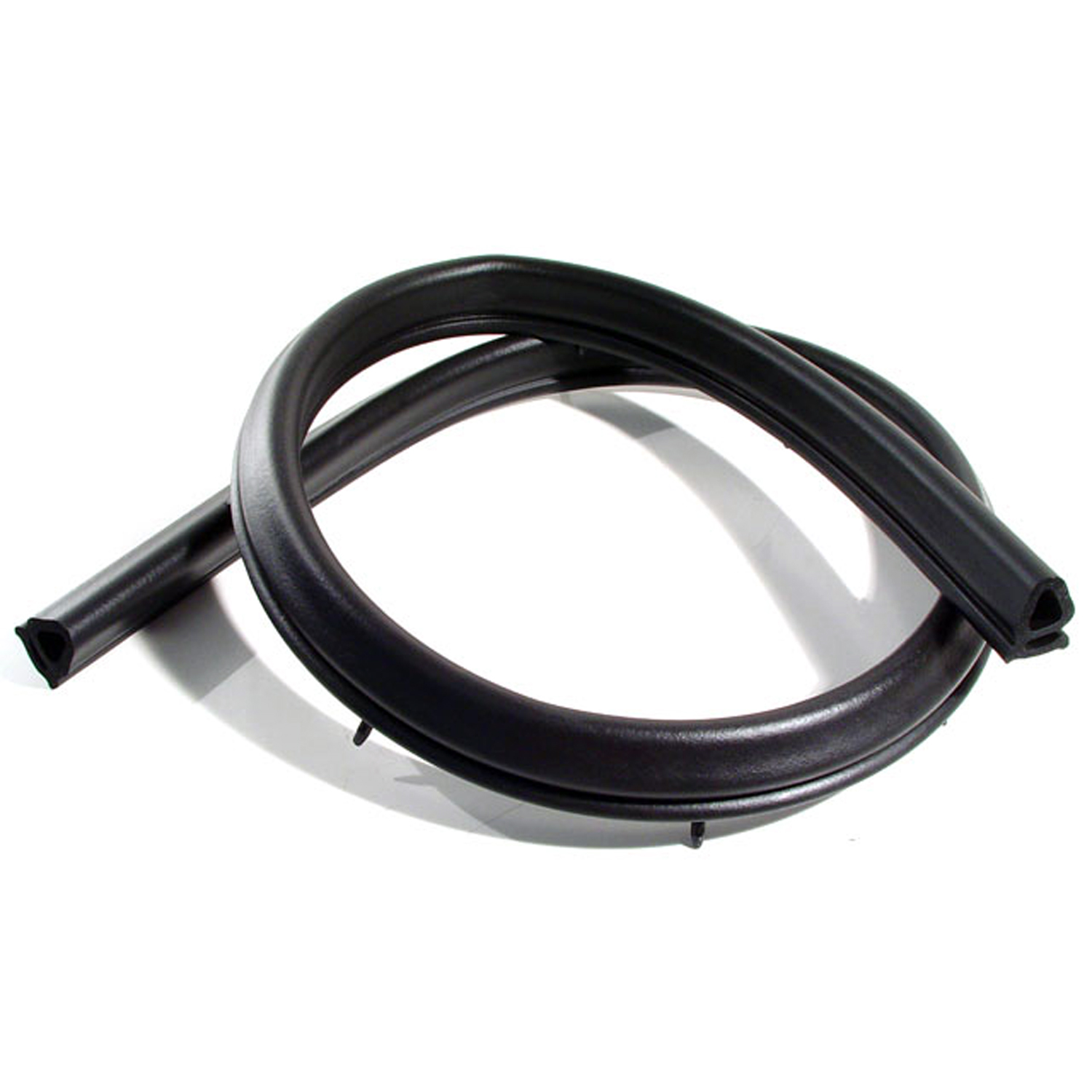 1973 Chevrolet Vega Hood to Cowl Seal, 71-80 GM H Body, Each-CS 13-HHood to Cowl Seal, 71-80 GM H Body, Each. Replaces OEM # 9829415. 50" Long. Comes with five mounting clips.
1973 Chevrolet Vega Hood to Cowl Seal, 71-80 GM H Body, Each-CS 13-HHood to Cowl Seal, 71-80 GM H Body, Each. Replaces OEM # 9829415. 50" Long. Comes with five mounting clips.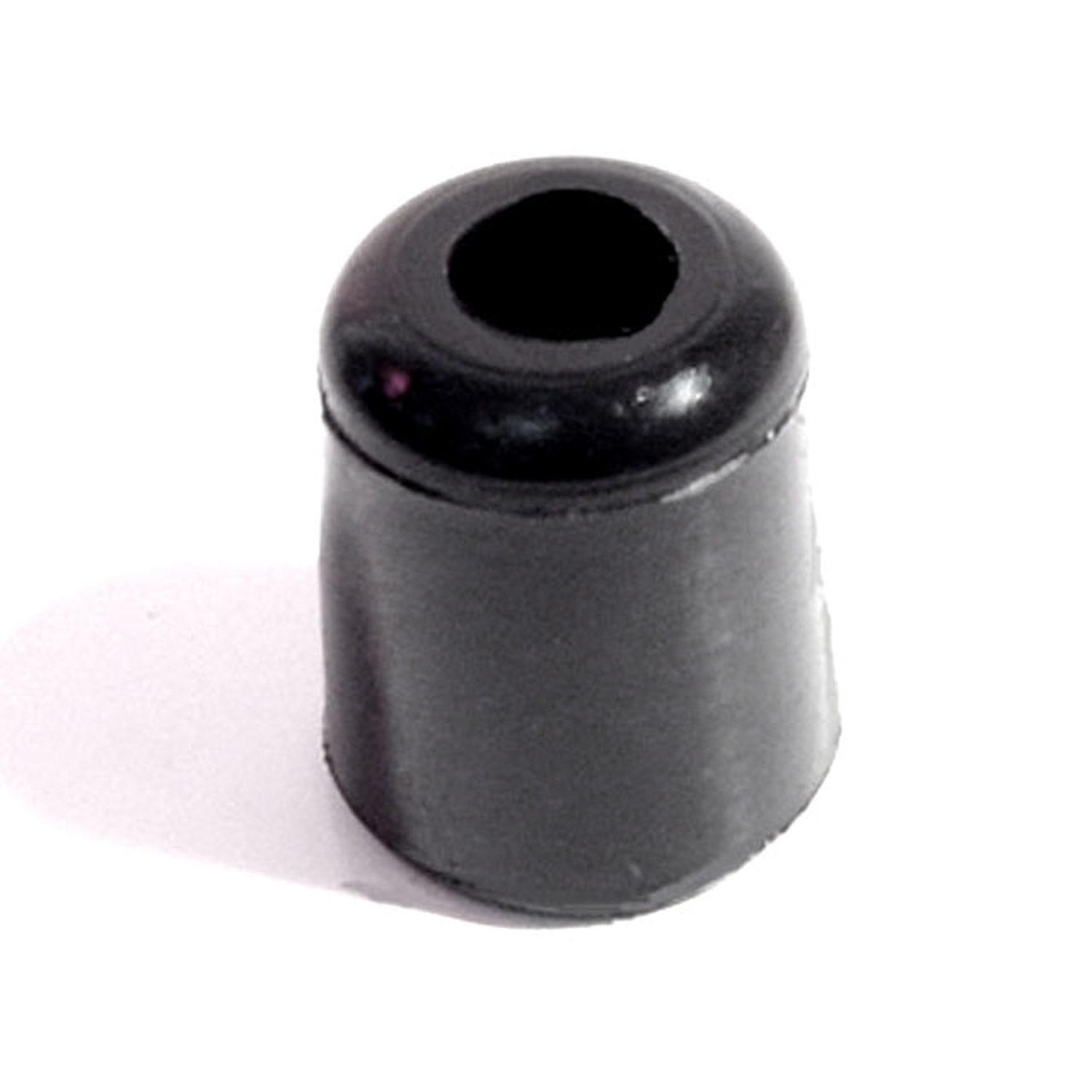 1973 Chevrolet Vega Seat Bumper, for Station Wagons. 1-3/16" high. Each-HF 28-ASeat Bumper, for Station Wagons. 1-3/16" high. Each
1973 Chevrolet Vega Seat Bumper, for Station Wagons. 1-3/16" high. Each-HF 28-ASeat Bumper, for Station Wagons. 1-3/16" high. Each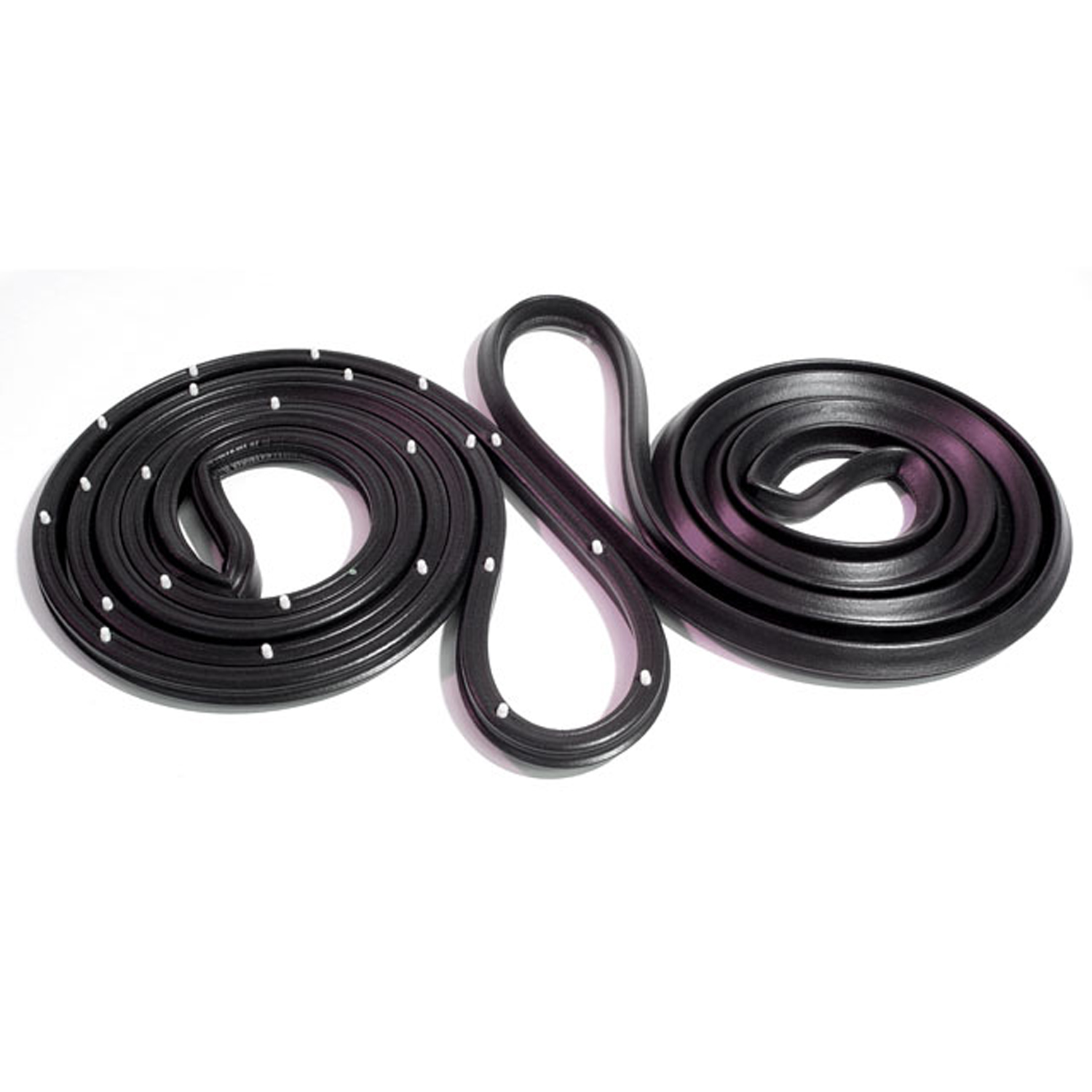 1973 Chevrolet Vega Molded Door Seals with Clips-LM 13Molded Door Seals with Clips. For 2-door hatchbacks (does not fit Monza). Replaces OEM #9883773/4. 139-1/2" long. Pair R&L
1973 Chevrolet Vega Molded Door Seals with Clips-LM 13Molded Door Seals with Clips. For 2-door hatchbacks (does not fit Monza). Replaces OEM #9883773/4. 139-1/2" long. Pair R&L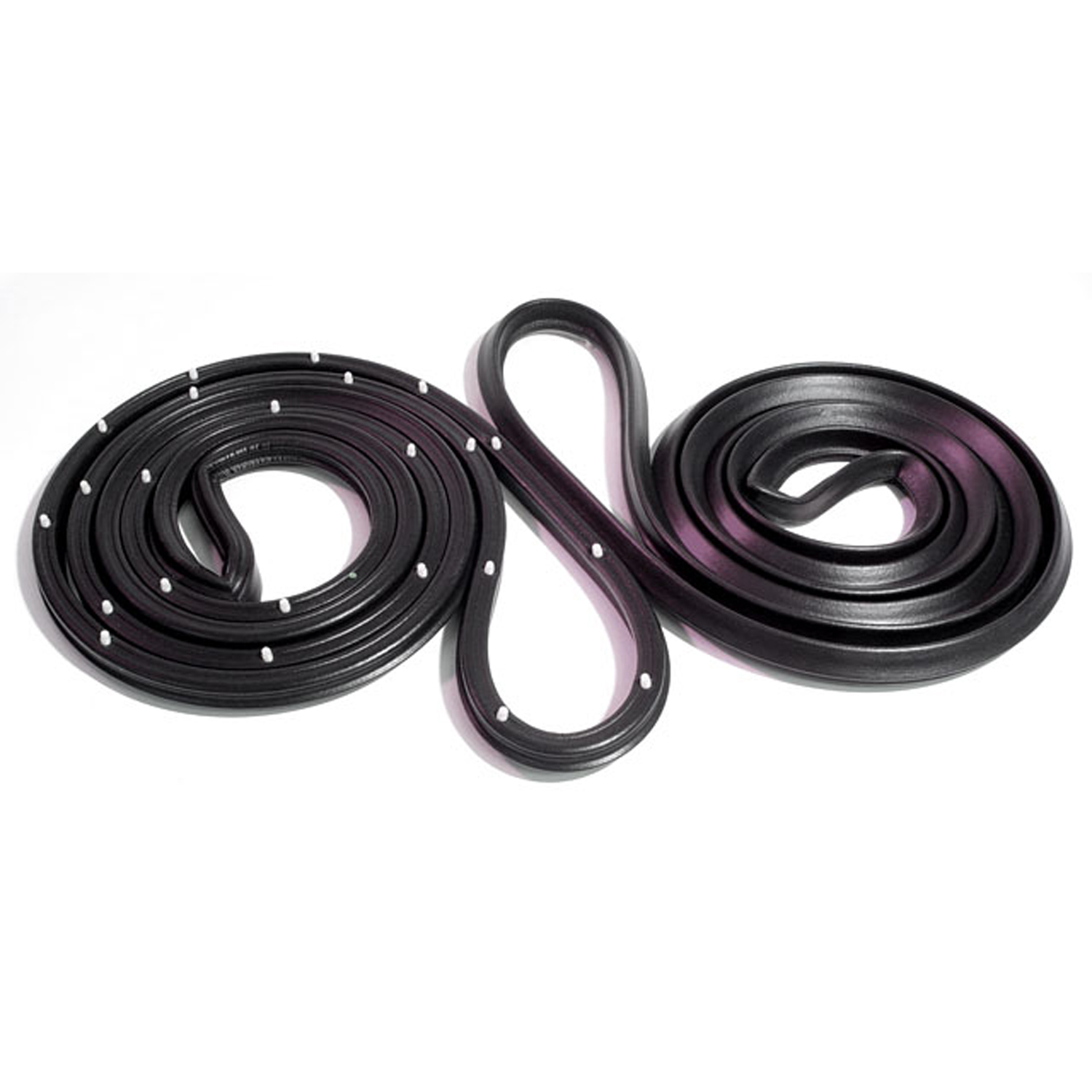 1973 Chevrolet Vega Molded Door Seals with Clips-LM 13-AMolded Door Seals with Clips. For 2-door coupe and wagon (does not fit Monza). Replaces OEM #9883771/2. 147-1/2" long. Pair R&L
1973 Chevrolet Vega Molded Door Seals with Clips-LM 13-AMolded Door Seals with Clips. For 2-door coupe and wagon (does not fit Monza). Replaces OEM #9883771/2. 147-1/2" long. Pair R&L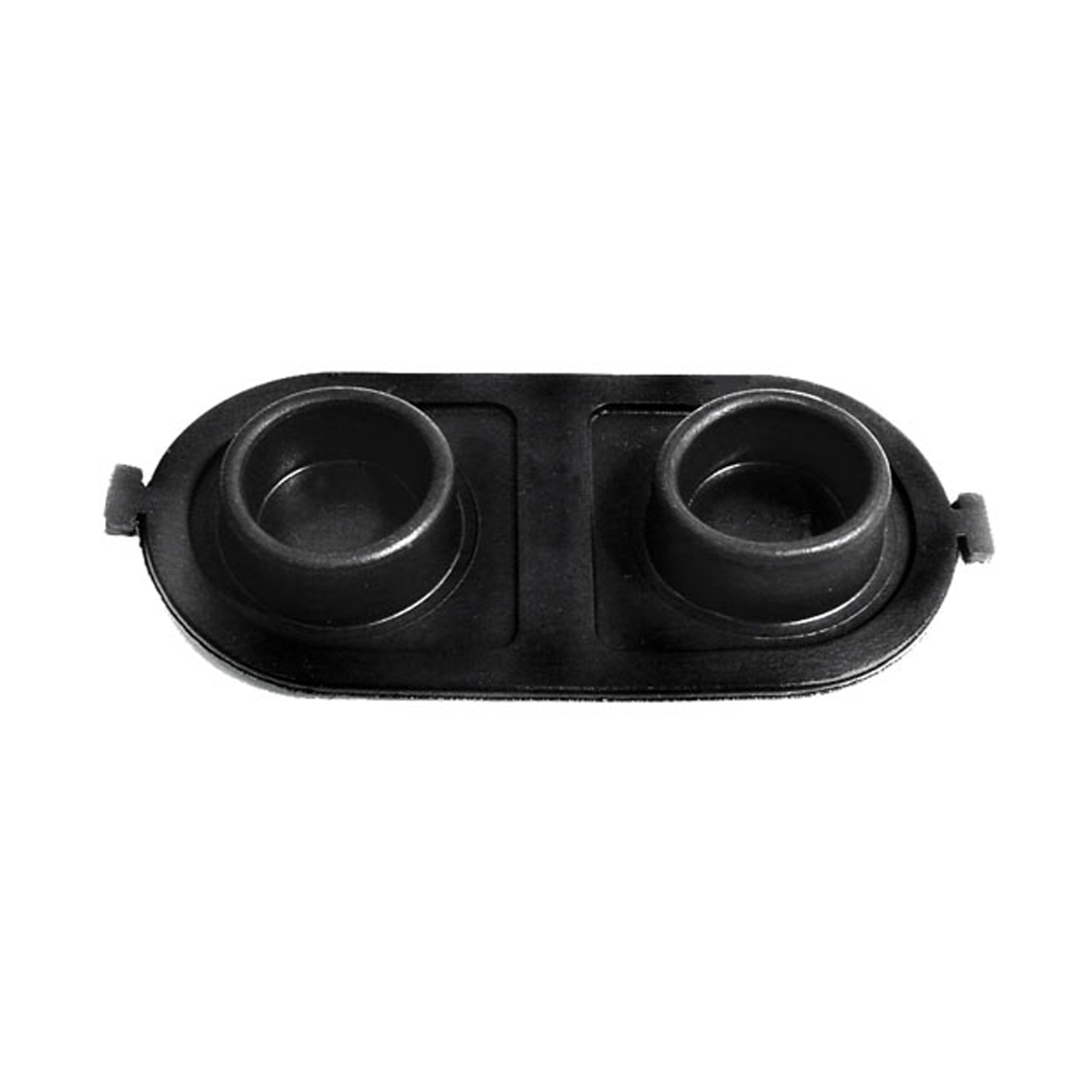 1973 Chevrolet Vega Brake Master Cylinder Cover Seal. Replaces OEM #5470861-RP 2-EBrake Master Cylinder Cover Seal. Replaces OEM #5470861. 5" X 2-1/2". Each
1973 Chevrolet Vega Brake Master Cylinder Cover Seal. Replaces OEM #5470861-RP 2-EBrake Master Cylinder Cover Seal. Replaces OEM #5470861. 5" X 2-1/2". Each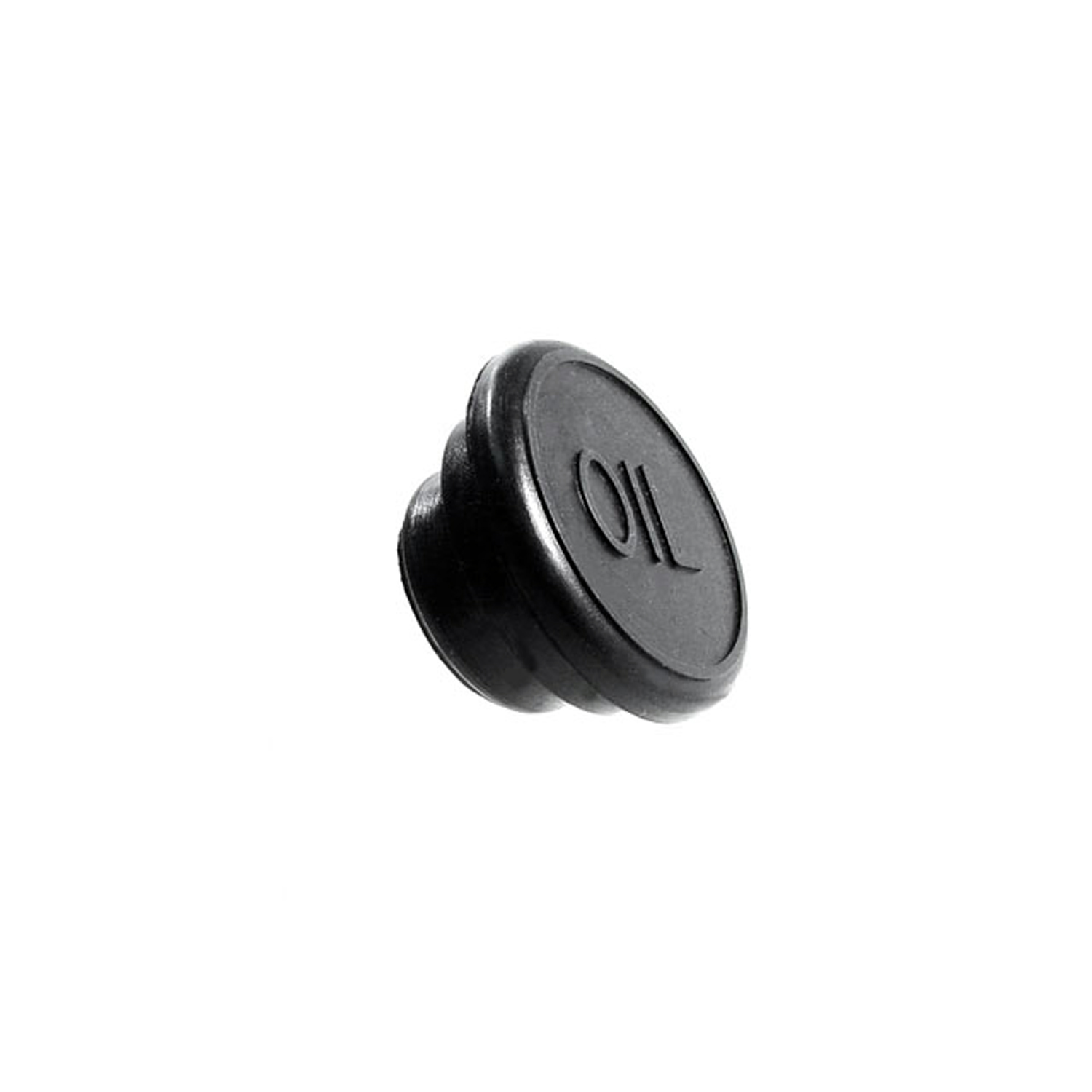 1973 Chevrolet Vega Oil Filler Hole Cap. Made of rubber-RP 8Oil Filler Hole Cap. Made of rubber. Fits a 1-3/16" to 1-1/4" hole. Each
1973 Chevrolet Vega Oil Filler Hole Cap. Made of rubber-RP 8Oil Filler Hole Cap. Made of rubber. Fits a 1-3/16" to 1-1/4" hole. Each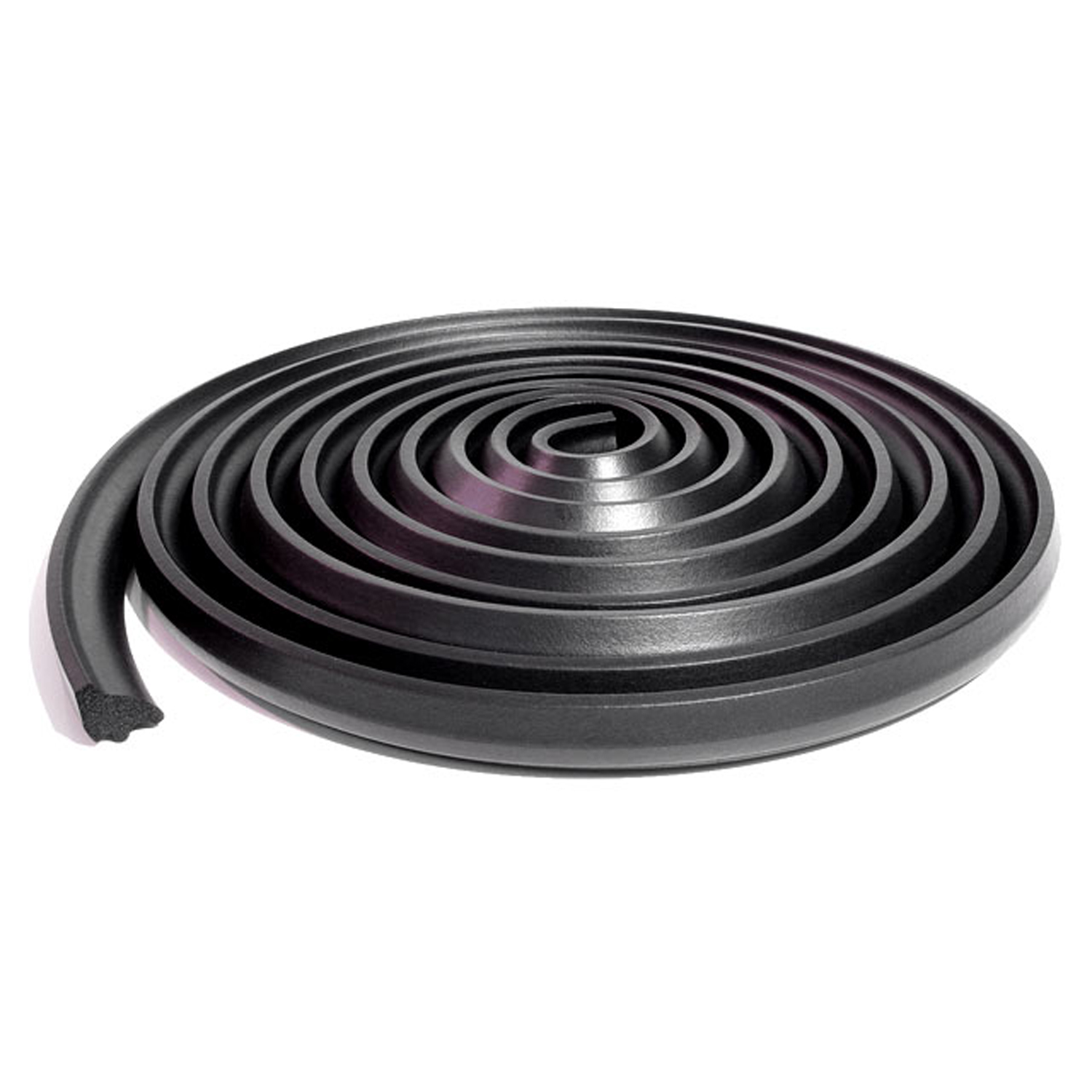 1973 Chevrolet Vega Hatchback seal-TK 46-C/18Hatchback seal. Fits '71-'77 Chevy Vega, '75-'76 Chevy Cosworth Vega and '75-'77 Pontiac Astre. 18 ft. long. Each.
1973 Chevrolet Vega Hatchback seal-TK 46-C/18Hatchback seal. Fits '71-'77 Chevy Vega, '75-'76 Chevy Cosworth Vega and '75-'77 Pontiac Astre. 18 ft. long. Each.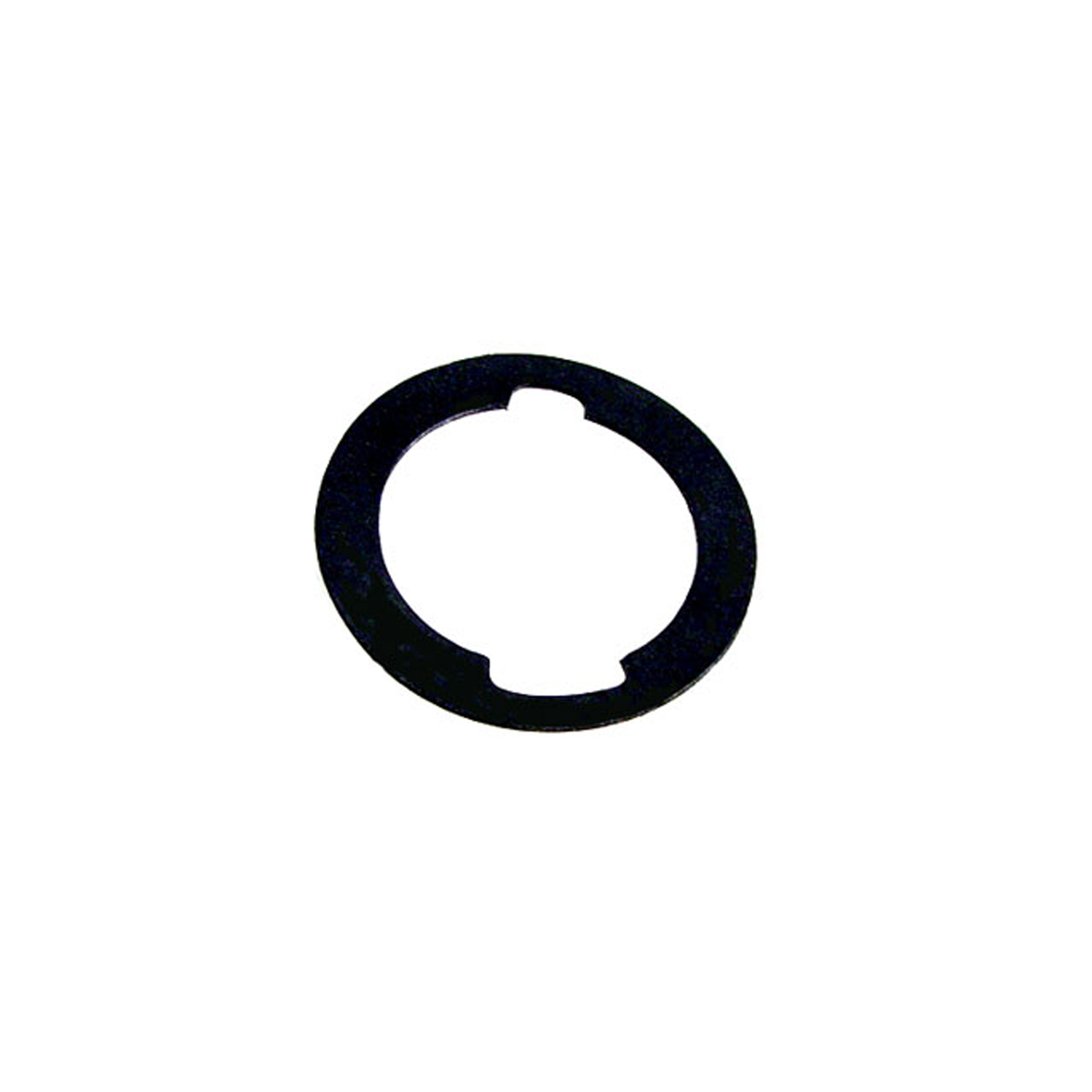 1973 Chevrolet Vega Unbeaded Door and Trunk Lock Gasket. 1-3/16" O.D., 7/8" I.D-UM 1600-100Unbeaded Door and Trunk Lock Gasket. 1-3/16" O.D., 7/8" I.D. Each
1973 Chevrolet Vega Unbeaded Door and Trunk Lock Gasket. 1-3/16" O.D., 7/8" I.D-UM 1600-100Unbeaded Door and Trunk Lock Gasket. 1-3/16" O.D., 7/8" I.D. Each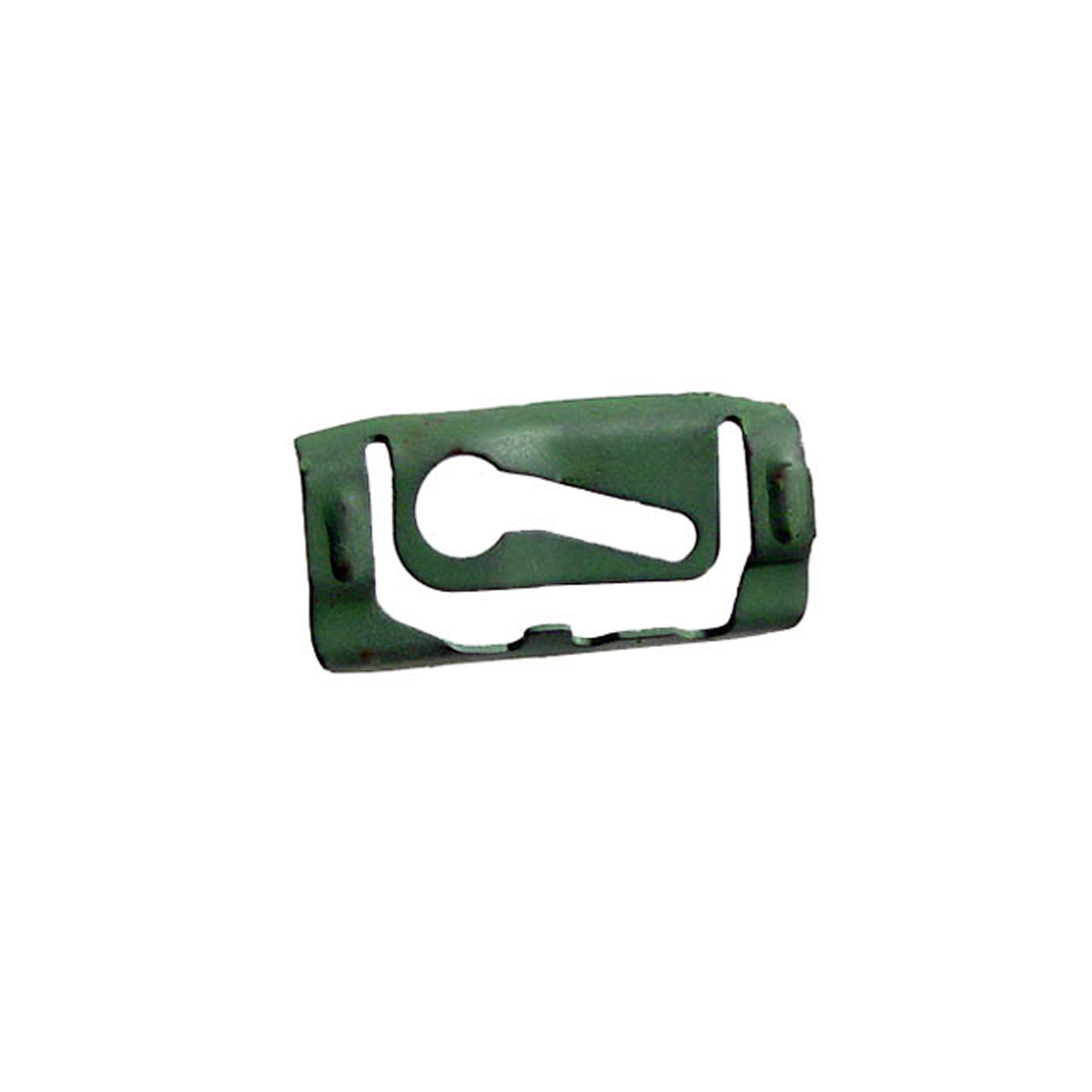 1973 Chevrolet Vega Quarter Window Reveal Molding Clip. Made of Steel-WF 205Quarter Window Reveal Molding Clip. Made of Steel. 1-3/8" X 11/16". Each
1973 Chevrolet Vega Quarter Window Reveal Molding Clip. Made of Steel-WF 205Quarter Window Reveal Molding Clip. Made of Steel. 1-3/8" X 11/16". Each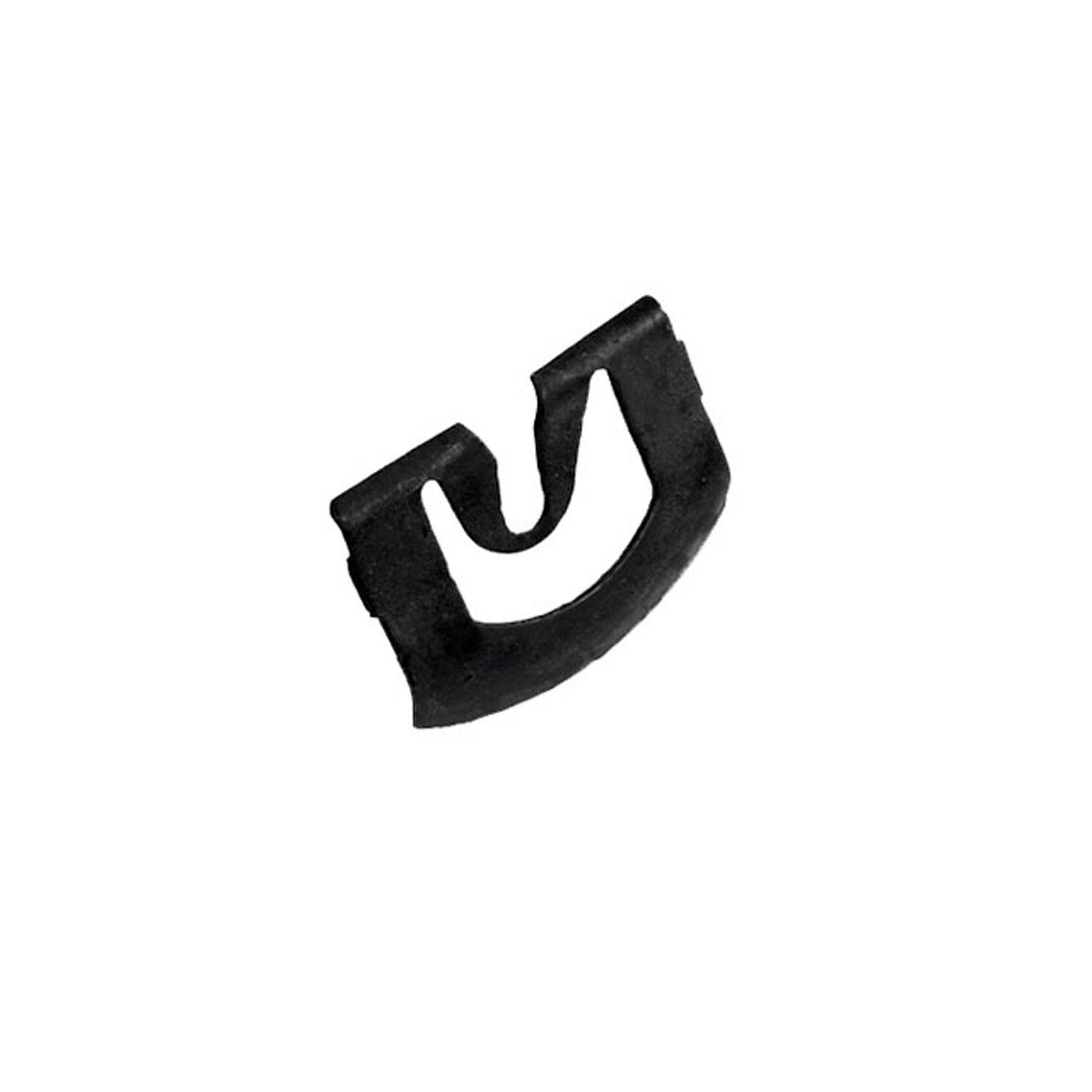 1973 Chevrolet Vega Windshield Reveal Molding Clip. Made of steel. 13/16" x 1"-WF 209Windshield Reveal Molding Clip. Made of steel. 13/16" x 1". Each
1973 Chevrolet Vega Windshield Reveal Molding Clip. Made of steel. 13/16" x 1"-WF 209Windshield Reveal Molding Clip. Made of steel. 13/16" x 1". Each 1973 Chevrolet Vega Rear Windshield Reveal Molding Clip. Made of steel-WF 211Rear Windshield Reveal Molding Clip. Made of steel. 15/16" X 3/4". Each
1973 Chevrolet Vega Rear Windshield Reveal Molding Clip. Made of steel-WF 211Rear Windshield Reveal Molding Clip. Made of steel. 15/16" X 3/4". Each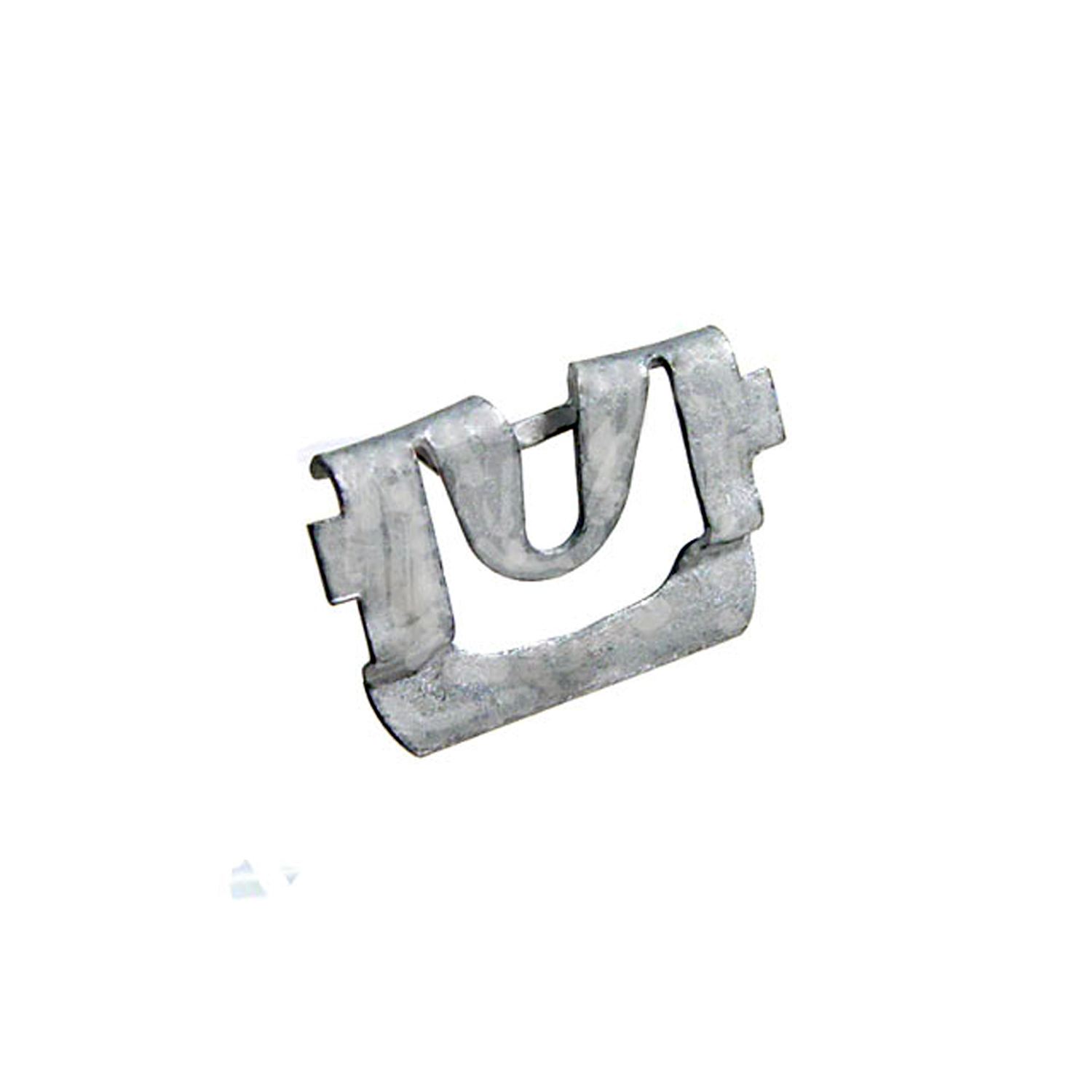 1973 Chevrolet Vega Windshield Reveal Molding Clip. Made of steel-WF 223Windshield Reveal Molding Clip. Made of steel. 1/1/8" X 3/4". Each
1973 Chevrolet Vega Windshield Reveal Molding Clip. Made of steel-WF 223Windshield Reveal Molding Clip. Made of steel. 1/1/8" X 3/4". Each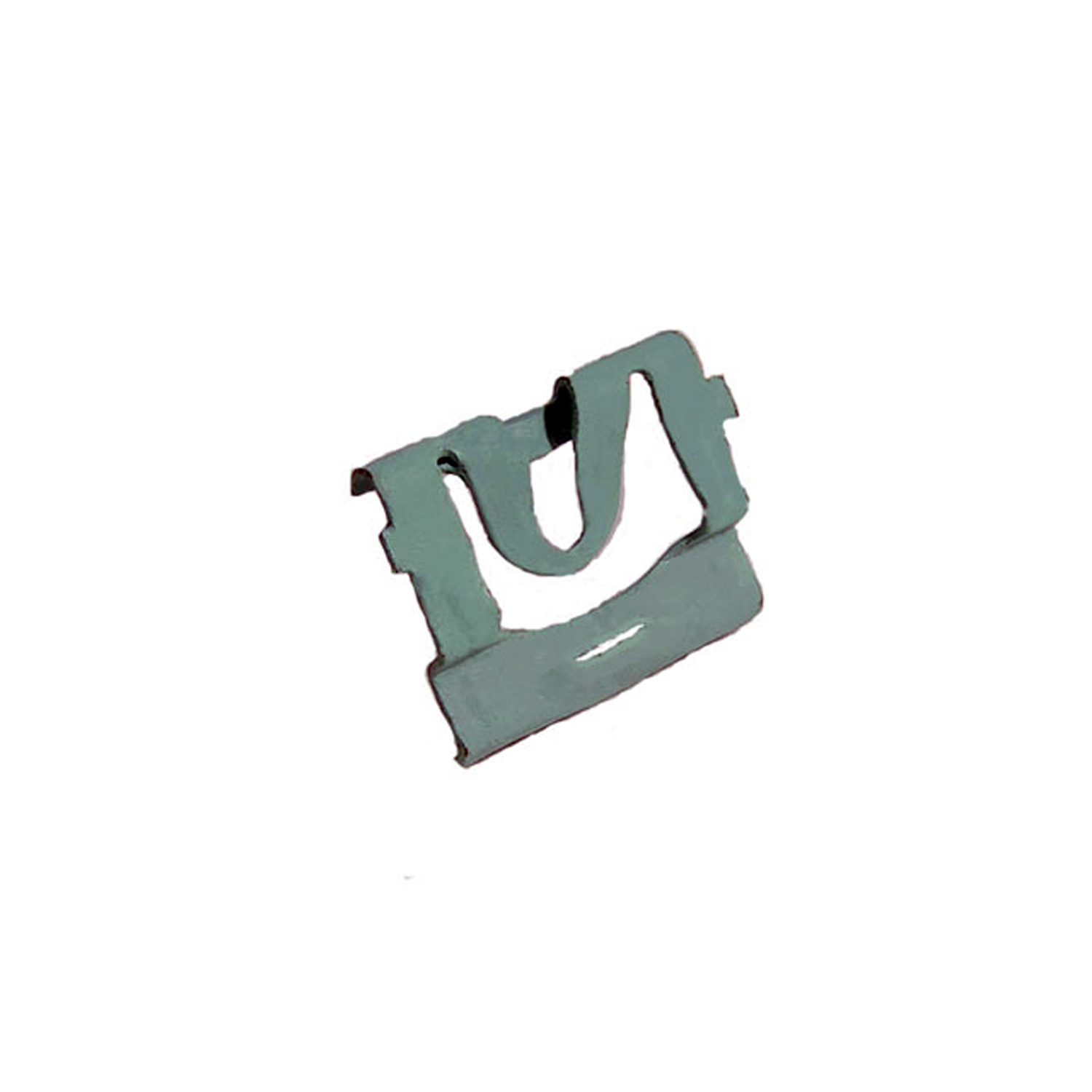 1973 Chevrolet Vega Windshield Reveal Molding Clip. Made of steel-WF 224Windshield Reveal Molding Clip. Made of steel. 1-1/4" X 3/4". Fits many models. Each
1973 Chevrolet Vega Windshield Reveal Molding Clip. Made of steel-WF 224Windshield Reveal Molding Clip. Made of steel. 1-1/4" X 3/4". Fits many models. EachWhy Choose Metro?
For over 100 years, Metro Moulded Parts has been the pinnacle of quality in classic car restoration parts. Our commitment to precision and authenticity in every component ensures a perfect fit and an OEM-level appearance.
- Expert Craftsmanship & Quality: Each part is a testament to our dedication to reliability and perfection, crafted from original designs and thoroughly tested.
- Advanced Technology: We use cutting-edge techniques to create flawless, long-lasting parts that surpass others in performance.
- SuperSoft Sponge – The Ultimate Door Seal: Not only are our door seals 30% softer than competitors', but they're also guaranteed to never leak. They effectively reduce wind and road noise, enhancing your classic car's comfort and driving experience.
- Proudly American: Our parts are a product of American craftsmanship, made in the USA with a spirit of excellence and heritage.
- Unrivaled Warranty: We back our products with a 30-year industry-leading warranty, a testament to our confidence in their quality.
Join us in preserving the legacy of classic cars with parts that are crafted for perfection, not just made.

